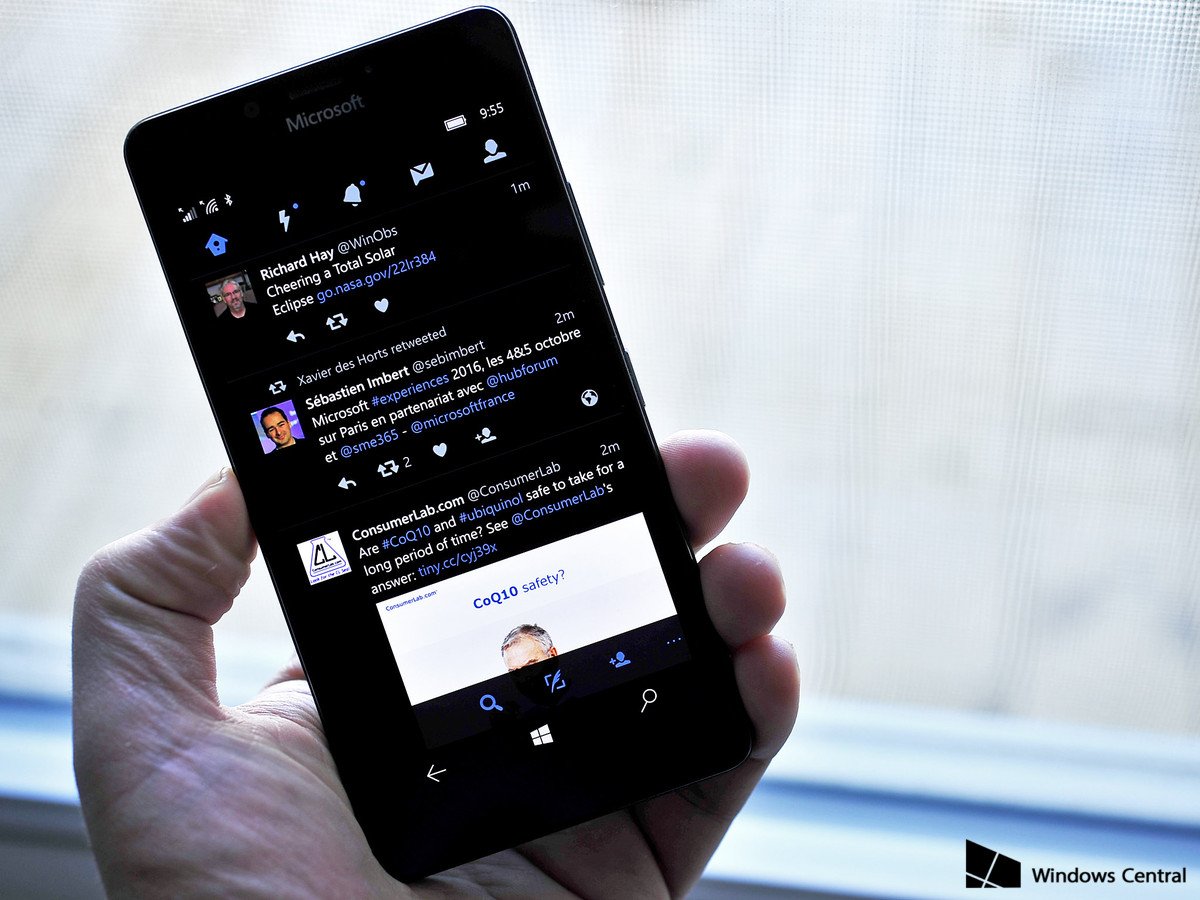
All the latest news, reviews, and guides for Windows and Xbox diehards.
You are now subscribed
Your newsletter sign-up was successful
The internet is a vast, wonderful, dangerous place, and we're only beginning to understand the ramifications of things like social media, forums, blogs, and other venues for sharing information about our lives with the general public. You don't want to avoid them completely, but a balance can be struck that will help safeguard some privacy. Even if you use privacy measures like a VPN and other encryption software, they can't help protect what you share willingly.
Why is sharing information online a problem?
Say you're a frequent user of Instagram, Facebook, and Twitter. You've customized the privacy settings so that only certain people can find you, and you've set it up so not everyone can read what you're posting.
However, we've all seen many examples of tweets and posts that shared way too much information, and once they're online, they don't disappear. Even deleting social media posts or blog entries doesn't entirely ensure that they're gone, thanks to initiatives like The Internet Archive.
A simple screengrab can be easily shared and just as damaging, and if the content of the picture is enticing enough, it might make its way into the broader streams of the internet and be seen by a lot more people. Potential employers often check out social media streams before they make a hire. (Avoiding taxes will also be much more difficult if a history of your spending is recorded online.)
The next time you're about to share something over a public medium, no matter how you've tweaked security settings, remind yourself that what you're sharing will likely live somewhere on the internet forever.
A list of information you should never share online
With the idea that what you share will exist forever in some databank, here are some bits of information that should never be shared publicly:
- Passwords.
- Date of birth.
- Where you live.
- Where you work or study.
- Where you grew up.
- Names of family members.
- Credit card or other banking information.
While some of this information doesn't really mean a lot on its own, if combined, it can be quite damaging. Secondary security questions you forgot you set up might be cracked, and then you're dealing with compromised accounts and identity theft. You might even attract some people who are interested in more than just following you around.
All the latest news, reviews, and guides for Windows and Xbox diehards.
One more thing to look out for is sharing high-value items. Sure, you might have finally bought that big item you've been saving up for and want to share it with friends, but you're sort of making yourself a target, especially if location sharing is enabled.
Just look at the Kim Kardashian example, where she was robbed in Paris after posting photos of expensive jewelry.
As a rule of thumb, next time you share something on a blog or on social media, imagine it being seen by everyone. That's a lot of views and, if you're excited about everyone seeing it, you're probably alright posting it.
Best practices for other information you share online
With the idea in mind that everyone might see what you post, also remember that it can be seen in the future. Like, 10 years down the road. Will your political views remain the same? Will those less-than-flattering pictures of you from a high school or college party help you get hired for your dream job?
Managing a responsible, active social media persona is a lot of work. Each bit of information should be thoughtful and shouldn't share too much. If you're thinking about starting a blog, or you're an active forum member on your favorite website, remember that you need to be just as cautious about oversharing.
The best way to ensure you're not sharing too much online is to take matters into your own hands. Don't rely on privacy settings of individual platforms, but take an active stance on what you choose to share online.
More resources
If you're concerned about privacy online, we put together several roundups of ways you can protect yourself.

Cale Hunt brings to Windows Central more than nine years of experience writing about laptops, PCs, accessories, games, and beyond. If it runs Windows or in some way complements the hardware, there’s a good chance he knows about it, has written about it, or is already busy testing it.


